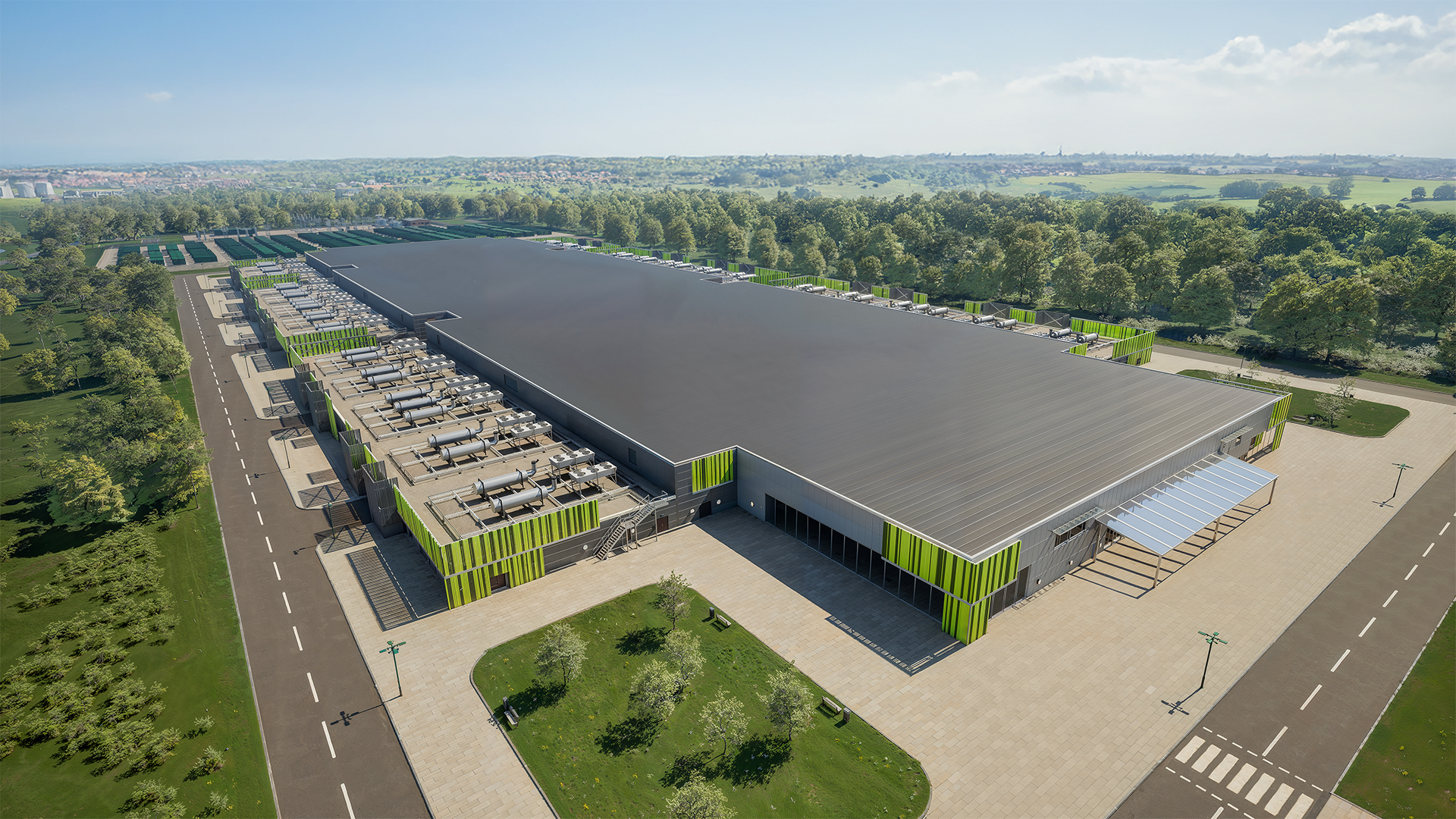Enterprises are flocking to private AI systems

Nearly three-quarters (70%) of enterprises plan to move AI models onto their own on-premises hardware in the near future, according to a report from Vespertec.
While just 24% of firms currently run AI systems on internal hardware, this figure is set to surge as interest in private AI systems grows and companies opt to expand infrastructure outside of the public cloud.
Vespertec’s data shows that over half (54%) of enterprises are reporting a 10% increase in hardware budgets for AI. While 66% of this funding comes from budget reallocation, 32% comes from net new budget pledges.
According to the study, 52% of organizations currently use public cloud AI solutions from the likes of OpenAI, Anthropic, Microsoft, and Google.
Vespertec’s research was compiled based on the responses of 502 senior IT decision-makers across industries including software, financial services, healthcare, manufacturing, and the public sector.
Despite the growing interest in private AI systems, IT leader Andrey Korchak doesn’t think organizational AI adoption will come exclusively in the form of this sort of infrastructure.
“While the typical enterprise-level development cycle for private AI infrastructure will continue, as seen with API frameworks or cybersecurity systems, the majority of smaller market players are likely to opt for plug-and-play, white-label solutions,” Korchak told ITPro.
“These options help them sidestep the significant costs and complexities of custom development and deployment,” he added.
Private AI infrastructure also requires extensive monitoring and management, Korchak said, necessitating investment that’s only feasible for larger enterprises with lofty budgets. For smaller firms, using pre-built AI solutions will make more sense, he added.
Many businesses also underestimate the cost of private AI systems, according to Paul Maker, CTO at Aiimi. Hardware isn’t the only cost, Maker told ITPro, and firms will also have to pay for teams, governance, and maintenance.
Different businesses have different needs
Private AI systems have their advantages, Maker said, particularly for batch uses like augmented business intelligence or agentic AI where predictable workloads benefit from local control and efficiency.
Other tools such as copilots may benefit more from cloud-based AI solutions as they enable organizations to better handle unpredictable demand, he added.
“Businesses should not make decisions based on trends, but instead focus on their real-world problems,” Maker said.
“I’ve seen businesses pour resources into bespoke systems without first addressing the basics: clean, structured data and clear goals. Without that, even the most bespoke AI system won’t get you anywhere. Businesses should be focused on outcomes, not optics.”
Source link










